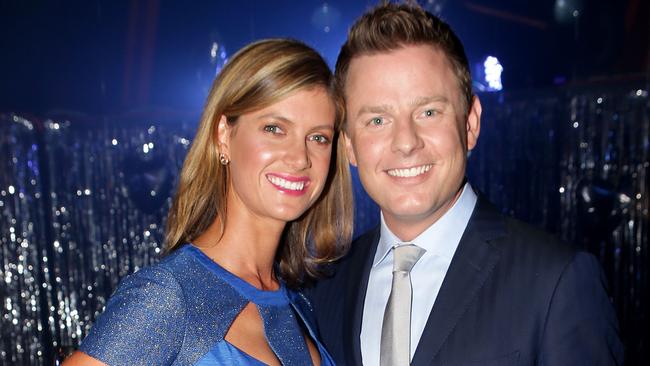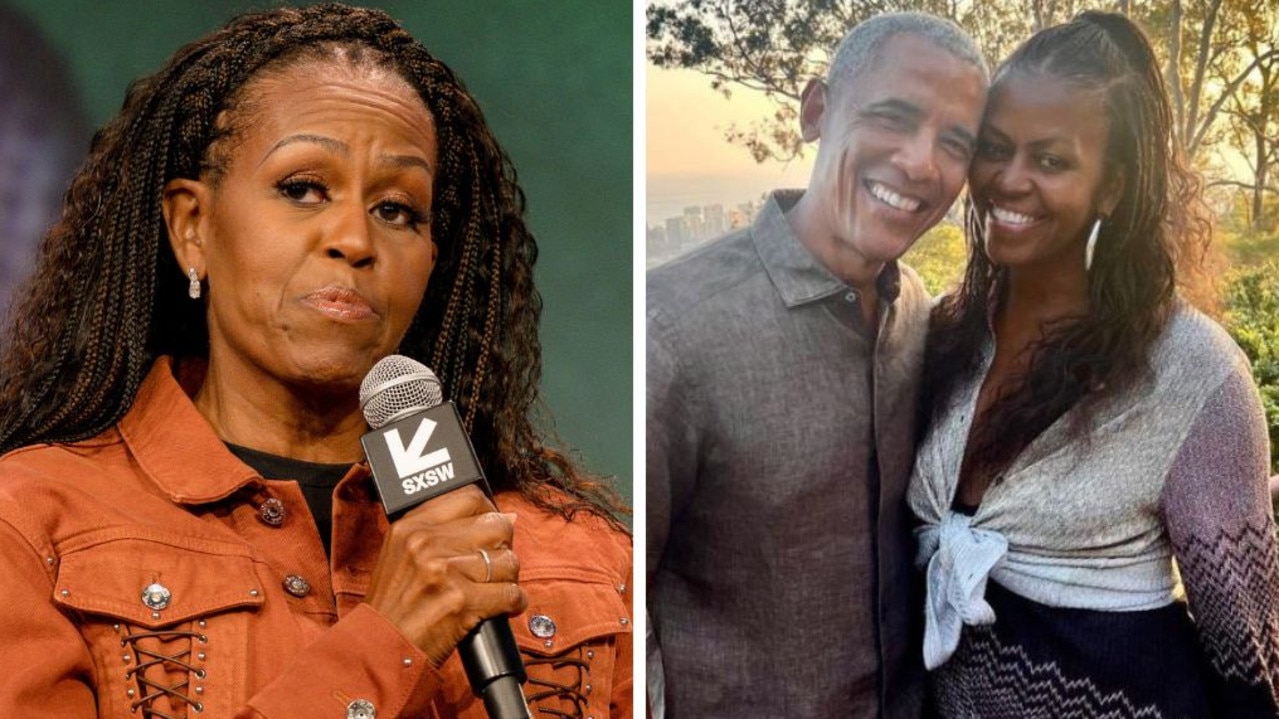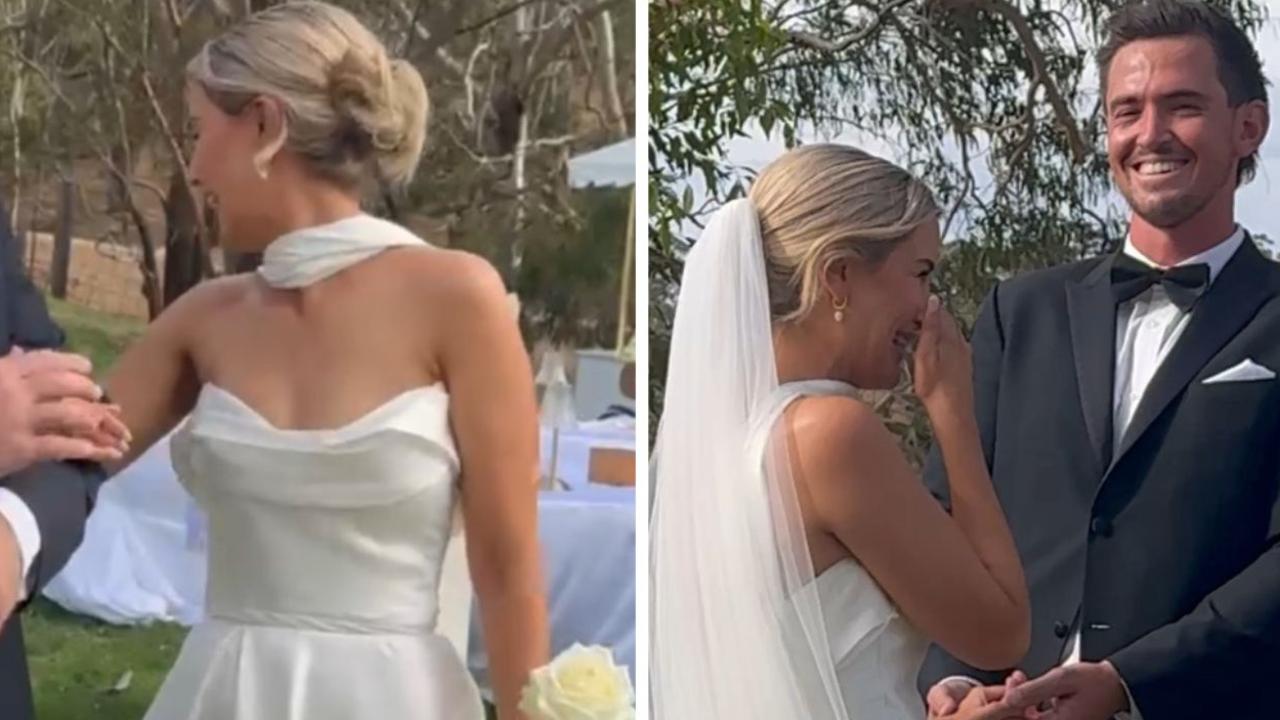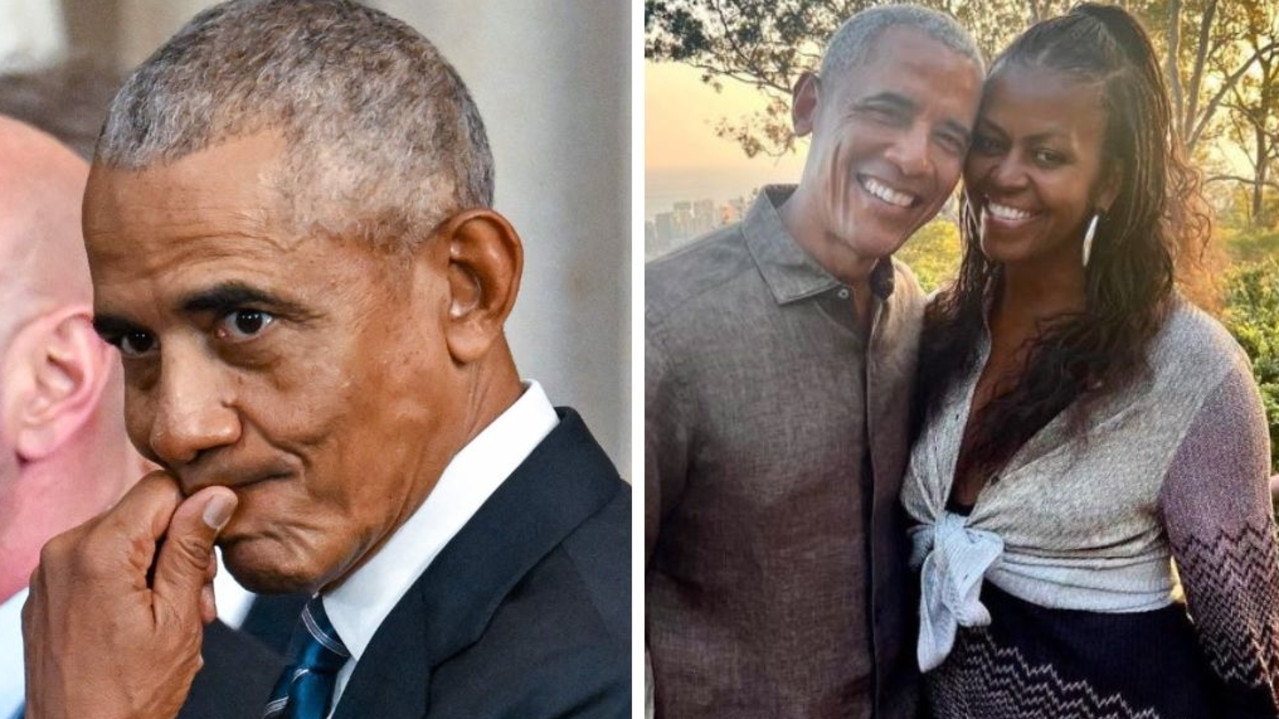Domestic violence: Jodie Speers asks why she hasn’t heard about two thirds of victims
‘I AM a journalist, who is married to a journalist. We practically live and breathe news. So why haven’t I heard of two thirds of these victims?’ asks Jodie Speers.
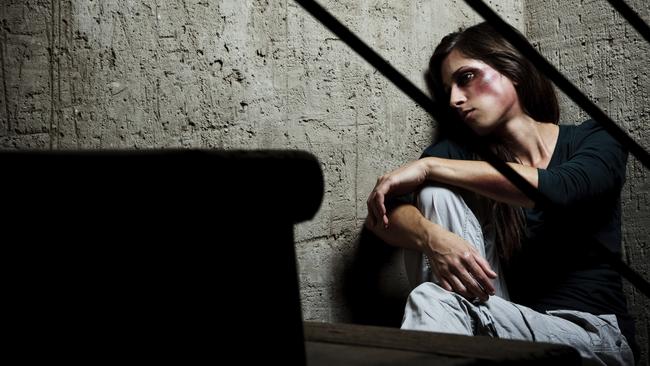
SO FAR this year, thirty three Australian women have died violent, unnecessary deaths.
I am a journalist, who is married to a journalist. We practically live and breathe news. So why haven’t I heard of two thirds of these women?
I think I can tell you why. Sadly, the media has little interest in domestic violence.
As a junior reporter starting out in radio and TV, I had to learn quickly which stories were ‘newsworthy’. Which ones would make the radio bulletins, the evening news, and would fill pages of our major newspapers. And I learnt early on that, as a general rule, ‘domestics’ didn’t really rate.
Drunken assaults? Yes. Footballers behaving badly? Absolutely. Bikie brawls? Damn straight. Drug dealers killing drug dealers? Sure. But people attacking - even murdering - their partners or their exes? Not so much.
I’ve attended a bunch of violent assaults and murders - only to be moved on to the next story when it became clear it was ‘just’ a domestic. That’s right - ‘just’ a domestic.
It might get a quick mention in a couple of bulletins, or a few lines in print - all typed up quickly from a police media release. But in most cases, that’s where the story ends.
When it comes to court, there is the odd high profile exception.
In 2008, while working at 2UE, I spent months covering the murder trial of Gordon Wood. He was convicted, then later acquitted, of throwing his girlfriend Caroline Byrne off The Gap.
In 2013, I found myself in a neighbouring court covering the trial of Simon Gittany for Seven News. Gittany allegedly dropped his fiancee Lisa Harnum off the 15th floor balcony of their Hyde Park apartment, after she packed her bags and tried to leave. Gittany intends to appeal.
Months later, I reported on the trial of Paul Mulvihill - a former rugby star who pounced on Rachelle Yeo as she entered her northern beaches unit, stabbing her to death inside. Rachelle had previously ended their workplace affair.
Yes, these cases concerned allegations of domestic violence. But they also involved victims who were young, white and beautiful. And the trials featured casts of colourful characters, or compelling CCTV footage.
For every case like this, there are dozens of equally sad stories involving victims who are older, plainer, or from non-English speaking backgrounds. And most of the time, we turn a blind eye.
Why? Well, sadly, domestic violence is all too common. The media simply doesn’t have the space to run every story - and therefore picks out only the most compelling.
But it goes further than that. The news media tell stories they think people want, or need, to know. There are ways of gauging an audience’s interest. And apparently, most of us just don’t want to know about what goes on behind closed doors.
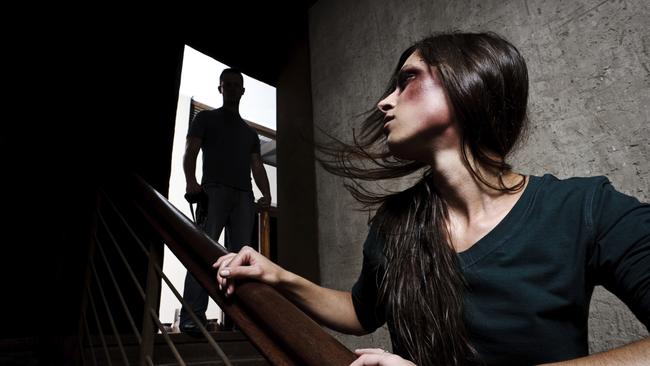
Perhaps we think it’s none of our business. Or maybe there’s a lingering feeling among some, that the victims bring the violence upon themselves.
Years ago, a former boyfriend and I intervened in a ‘domestic’.
It was late at night, on Sydney’s north shore. We were waiting for a taxi outside a friend’s apartment, when we heard yelling, several loud thumps, and a terrified scream coming from an upstairs unit.
My then-boyfriend James thumped on the door. A flustered and angry-looking man answered, before taking off.
We tentatively made our way into the bedroom, where a woman sat sobbing up against a wall.
James reassured her - telling her he was there, with me, to make sure she was okay.
We also called the police - who arrived, then left, telling us there was little they could do if the woman didn’t want to cooperate.
No one else in the building came to intervene.
Although I knew we had done the right thing, the experience was uncomfortable. I’d felt awkward stepping into a stranger’s unit - as if we were crossing a line. Sticking our noses into someone else’s business. I felt embarrassed for the victim, and helpless when the officers left without taking any action.
Perhaps, collectively, that’s how we feel about domestic violence. That it’s a bit too awkward. Ugly. Confronting. Simultaneously close to home, and easy to ignore.
Once upon a time, people may have felt the same way about sexual abuse.
Fortunately, we’ve made inroads there. It is much more widely reported and discussed than it was in previous generations.
Hopefully, over time, the same thing will happen with domestic violence.
But we all need to take more of an interest.
Jodie Speers is a contributor to news.com.au and Channel 7 journalist.
